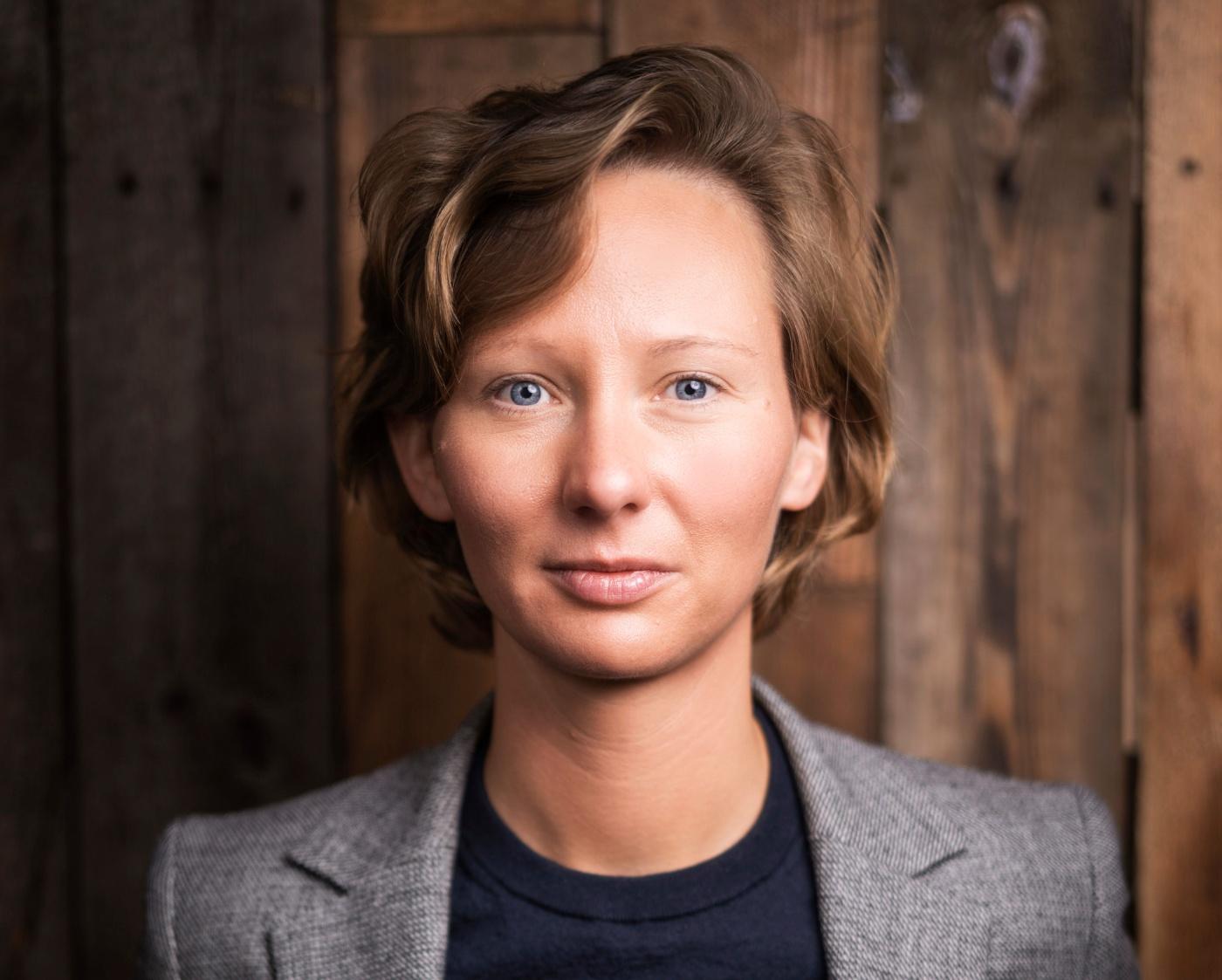Production and market in February 2024
Slightly lower passenger car production in February
New car registrations up – new e-car registrations down compared to previous year – incoming orders up after first two months
In February, domestic passenger car production reached a volume of 374,800 units. That was 2% less than in the same month last year. After the first two months of this year, 674,900 cars were produced in Germany, 5% less than in the same period last year. Compared to the pre-crisis year of 2019, production after the first two months of the current year is actually 17% below the previous value.
Exports in the past month were at the previous year's level: In February, 277,700 brand-new cars were exported from production facilities in Germany (±0%). Since January, 489,600 new cars have been exported, 2% less than in the same period last year. After two months, exports are still almost 23% below the pre-crisis level in 2019.
Compared to the same month last year, 20% more domestic orders were registered in February this year. Incoming orders from abroad in February were at the same level as the previous year. Overall - orders from domestic and international orders combined – 3% more orders were recorded in February. After the first two months of this year, incoming orders are 10% higher than in the same period last year.
In February 2024, more vehicles were registered on the German car market than a year ago: compared to the same month last year, the number of car registrations rose by 5% to a volume of 217,400 units. Thus the positive start to the year continues.
In the first two months of the current year, a total of 431,000 new cars were registered, 12% more than in the previous year. However, the current number of new registrations is put into perspective with a view to the pre-crisis level: The German car market remains well below the level of 2019. In the first two months of the last pre-COVID year, new car registrations in Germany were still around a good 19% or around 100,000 units higher than currently.
As a result of the abrupt end to the funding of electric vehicles from private owners in December last year, the German market for electric cars is noticeably under pressure. In February, new registrations of electric cars (BEV, PHEV, FCEV) fell by 5% to a volume of 42,070 units, despite already weak volumes in the same month last year. In January of this year there was a significant increase compared to January 2023, but this was due to the change in funding for electric cars at the turn of the year 2022/2023: As a result, new registrations were brought forward in the fourth quarter of 2022. Due to this special effect, sales in the electric segment were extremely weak at the start of 2023. The low previous year's values determine the high growth in January 2024 (base effect) and mean that the German market for electric cars, despite the weak February, is still up 11% in the current year compared to the same period last year. Since the beginning of this year, 78,900 electric cars have been newly registered.
The electric car market in detail: New registrations of BEVs fell by 15% to 27,480 units in February, while those of plug-in hybrids (PHEVs) increased by 22% to 14,580 vehicles. Over the course of the year, there was a decline in new BEV registrations of 1% to 50,000 units. The PHEV segment, on the other hand, grew by 39% and reached a volume of 29,000 vehicles in the first two months.
Passenger cars *)
| February 2024 | Variation 24/23 in % | January - February 2024 | Variation 24/23 in % | |
| New registration in Germany | 217.400 | 5 | 431.000 | 12 |
| of which | ||||
| German makes incl. group makes | 146.800 | 3 | 295.900 | 11 |
| Foreign makes | 70.600 | 10 | 135.000 | 15 |
| of which | ||||
| Electric | 42.070 | -5 | 78.900 | 11 |
| BEV | 27.480 | -15 | 50.000 | -1 |
| PHEV | 14.580 | 22 | 29.000 | 39 |
| Domestic Production | 374.800 | -2 | 674.900 | -5 |
| Of which: Exports | 277.700 | 0 | 489.600 | -2 |
| *) partly provisional | Source:VDA / KBA |
